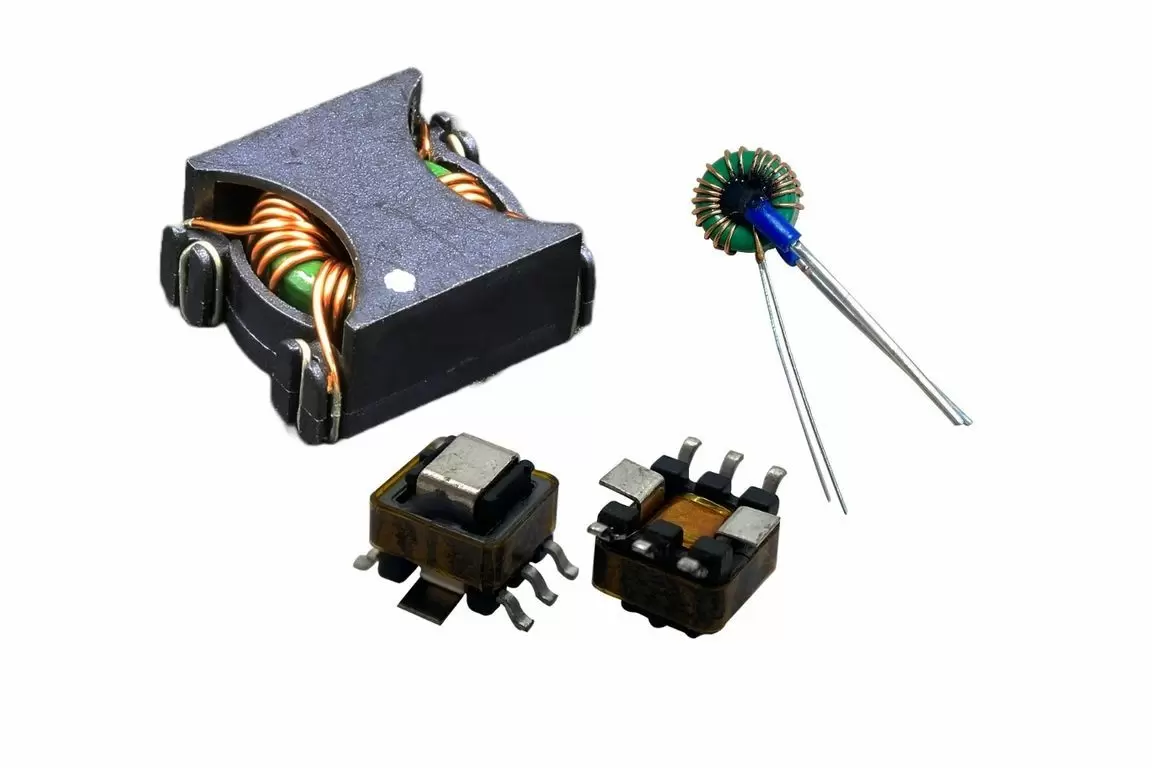In the realm of automotive engineering, the quest for enhanced performance and efficiency has led to the widespread adoption of turbocharging technology. As turbocharged engines become increasingly prevalent in both performance vehicles and everyday cars, the need for precise control over boost pressure has never been more critical. This is where electric boost controllers come into play. But what exactly does an electric boost controller do, and how does it contribute to the overall performance of a vehicle? In this article, we will delve into the intricacies of electric boost controllers, their functionality, and their impact on engine performance.
Understanding Boost Pressure
Before we explore the role of electric boost controllers, it’s essential to understand what boost pressure is and why it matters. Boost pressure refers to the increase in air pressure supplied to the engine's intake manifold by a turbocharger. This additional air allows for more fuel to be burned, resulting in increased power output. However, managing this boost pressure is crucial; too much boost can lead to engine knock, overheating, and ultimately, engine failure.
The Functionality of Electric Boost Controllers
Electric boost controllers are sophisticated devices designed to regulate the amount of boost pressure generated by a turbocharger. Unlike traditional manual boost controllers, which rely on mechanical adjustments, electric boost controllers utilize electronic signals to manage boost levels dynamically. Here’s how they work:
- Sensor Integration: Electric boost controllers are equipped with various sensors that monitor critical parameters such as boost pressure, throttle position, and engine RPM. This data is crucial for making real-time adjustments to boost levels.
- Electronic Control Unit (ECU) Communication: The electric boost controller communicates with the vehicle's ECU to receive input and send output signals. This integration allows for a more comprehensive understanding of the engine's operating conditions.
- Dynamic Adjustment: Based on the data collected, the electric boost controller can adjust the wastegate position or modify the turbocharger's operation to optimize boost pressure. This dynamic adjustment ensures that the engine receives the ideal amount of air at any given moment, enhancing performance while preventing damage.
Benefits of Electric Boost Controllers
The implementation of electric boost controllers offers several advantages over traditional methods of boost management:
- Precision Control: Electric boost controllers provide precise control over boost levels, allowing for fine-tuning of engine performance. This precision is particularly beneficial in high-performance applications where every ounce of power matters.
- Improved Responsiveness: With the ability to make rapid adjustments, electric boost controllers enhance throttle response and reduce turbo lag. This results in a more engaging driving experience, especially in performance-oriented vehicles.
- Safety Features: Many electric boost controllers come equipped with safety features that prevent overboost conditions. By monitoring engine parameters and adjusting boost levels accordingly, these controllers help protect the engine from potential damage.
- Customization: Electric boost controllers often allow for user customization, enabling drivers to set their desired boost levels based on their preferences or specific driving conditions. This flexibility is invaluable for enthusiasts who want to tailor their vehicle's performance.
Applications in Performance Tuning
Electric boost controllers are not just limited to factory-installed systems; they are also popular among automotive enthusiasts and tuners. By integrating an electric boost controller into a turbocharged engine, tuners can unlock significant performance gains. This is particularly evident in motorsport applications, where maximizing power output while maintaining reliability is paramount.
Conclusion
In summary, electric boost controllers play a vital role in the performance and efficiency of turbocharged engines. By providing precise, dynamic control over boost pressure, these devices enhance engine responsiveness, improve safety, and allow for customization to meet individual driving preferences. As the automotive industry continues to evolve, the importance of electric boost controllers will only grow, making them an essential component for anyone looking to optimize their vehicle's performance. Whether you are a casual driver or a dedicated enthusiast, understanding the function and benefits of electric boost controllers can help you make informed decisions about your vehicle's performance upgrades.

